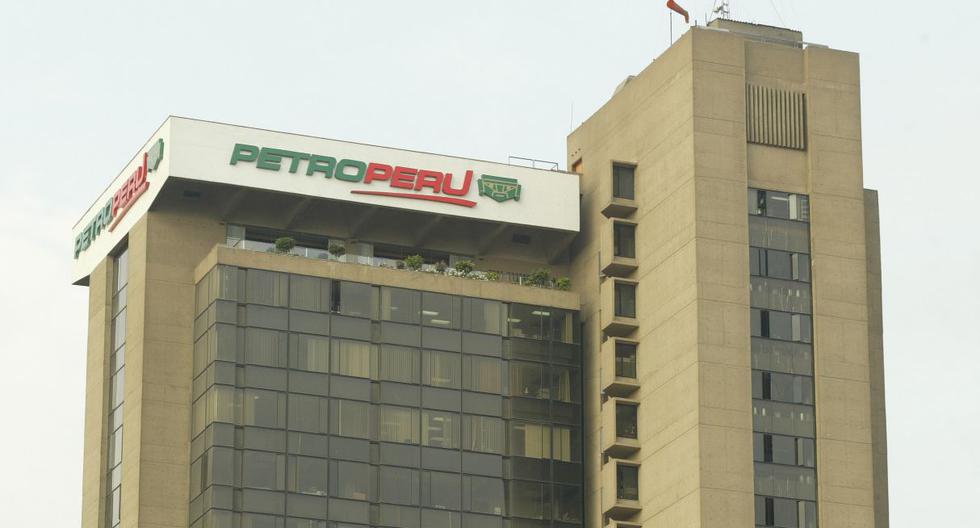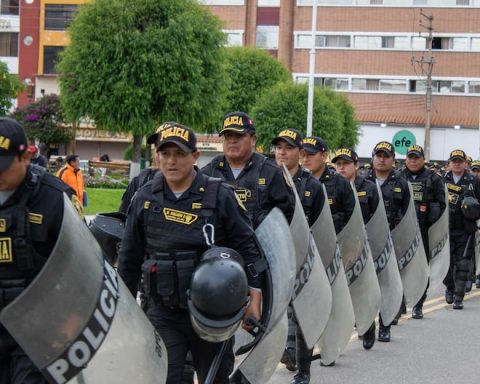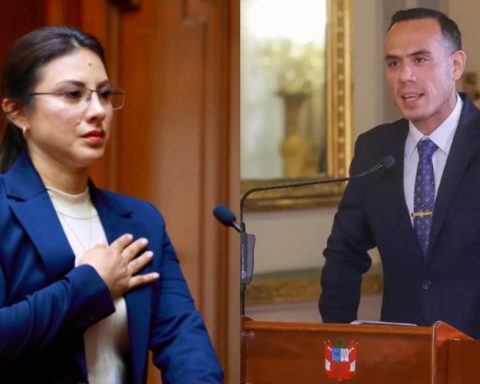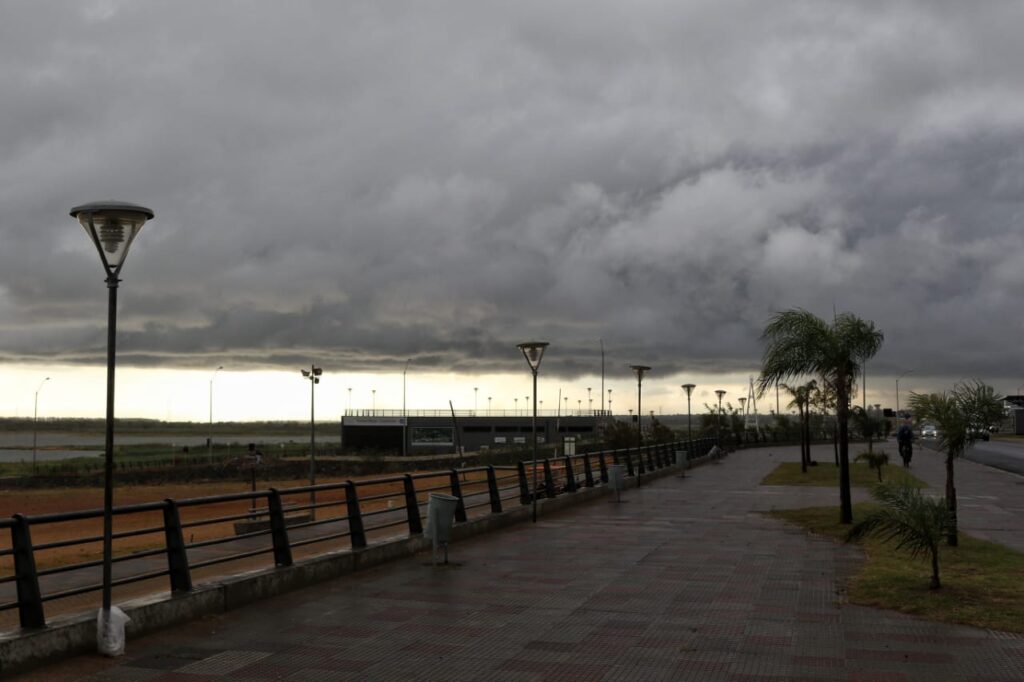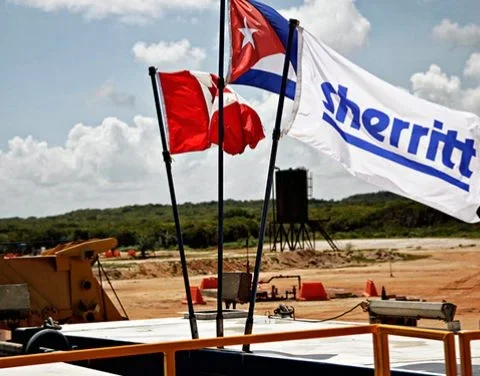The inevitable happened. The risk rating agency Fitch Ratings downgraded Petroperú’s rating, as advanced by Peru21.
Fitch downgraded the oil company’s senior unsecured debt notes to BBB from BBB- and also downgraded long-term foreign and local currency Issuer Default Ratings (IDR) notes. The IDRs and notes have been placed on a negative watch (RWN for its acronym in English), Fitch said.
The agency added “The reviews and RWN reflect the company’s lack of financial transparency and weakened governance, as evidenced by the significant delay in the company’s 2021 year-end financial audit.”.
“As a result, Fitch reduced the ESG governance score for financial transparency from 5 to 3 and revised the independent credit profile (SCP) from ‘b-‘ to ‘ccc'”, the agency highlighted.
Fitch’s report also mentioned that Petroperu presents a “remaining weak” leverage and cash flow profile and is expected to remain so over the rating horizon.
“Fitch understands that this constitutes an event of default in the absence of a waiver. If the company fails to provide audited financial statements and/or does not receive a waiver, the ratings will be further delinked from the sovereign rating and further downgraded,” Fitch warned.
In other words, the company is at risk of losing its investment grade and of having to respond to creditors and bondholders. In the first case, it is a group of banks, creditors of a US$1.3 billion syndicated loan, obtained by the oil company in 2018 and which has a guarantee from the Spanish export credit agency Cesce. The payment of said sum, in case of default, would have to be honored by the latter.
Regarding the bondholders, the situation could be more compromising for Petroperú, because if a ‘cross default’ were triggered, the same bondholders could immediately demand that the oil company accelerate the payment of a debt of US$3,000 million plus interest, corresponding to bonds issued in 2017 and 2021.
